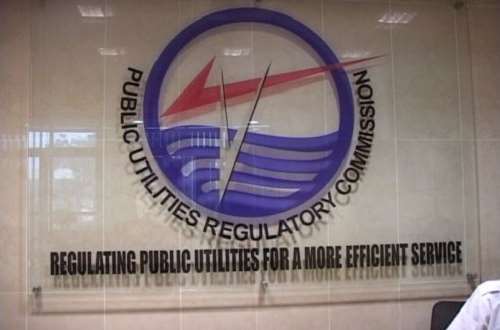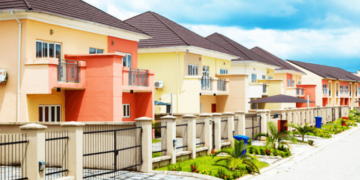PURC defends recent electricity and water tariff increment
Ghana’s Public Utilities Regulatory Commission (PURC) has announced an additional charge of 1 Ghana cedi for consumers on their water bills.
This adjustment is attributed to the increased expenses incurred by the Ghana Water Company due to elevated water treatment costs stemming from illegal mining activities, colloquially known as ‘galamsey’.
As a result, the Ghana Water Company has cautioned about the potential closure of treatment plants due to the detrimental impact of ‘galamsey’ on its operations.
Dr. Ismael Ackah, Executive Secretary of PURC, highlighted that the tariff increase aims to sustain the operations of the Ghana Water Company and its treatment facilities.
The cost drivers for water include electricity and chemical expenses. Industrial customers are exempt from the tariff increase this time, a decision motivated by a desire to preserve jobs and discourage companies from relocating to countries with lower tariffs.
Industries in Ghana have faced both increased operational costs and the dilemma of staff reductions in response to mounting expenses.
Dr. Ackah emphasized the thoughtful approach PURC takes with Ghanaian consumers in mind. Specific groups, such as those categorized as life-line consumers, will not experience any tariff increment.
The effort to ease financial burdens extends beyond initial World Bank recommendations to encompass practical considerations of individuals who may be struggling financially.
Dr. Ackah noted the ongoing adherence to the conditions set forth by the IMF to address Ghana’s energy sector challenges. While automatic adjustments have evolved into quarterly adjustments, the IMF advocates for consistent implementation to avoid incurring excessive sector debt.
Striking a balance between avoiding debt and maintaining a reasonable financial burden on Ghana’s citizens remains a key concern.
The Executive Secretary elaborated on tariff adjustments in light of the IMF and World Bank presence. In June, a decision was made to temper the initially proposed 27% tariff increase, underscoring the authorities’ commitment to protect the welfare of Ghanaians and the economy.
The dynamic interaction between international financial institutions, local considerations, and sustainable economic management is a paramount factor in these deliberations.









